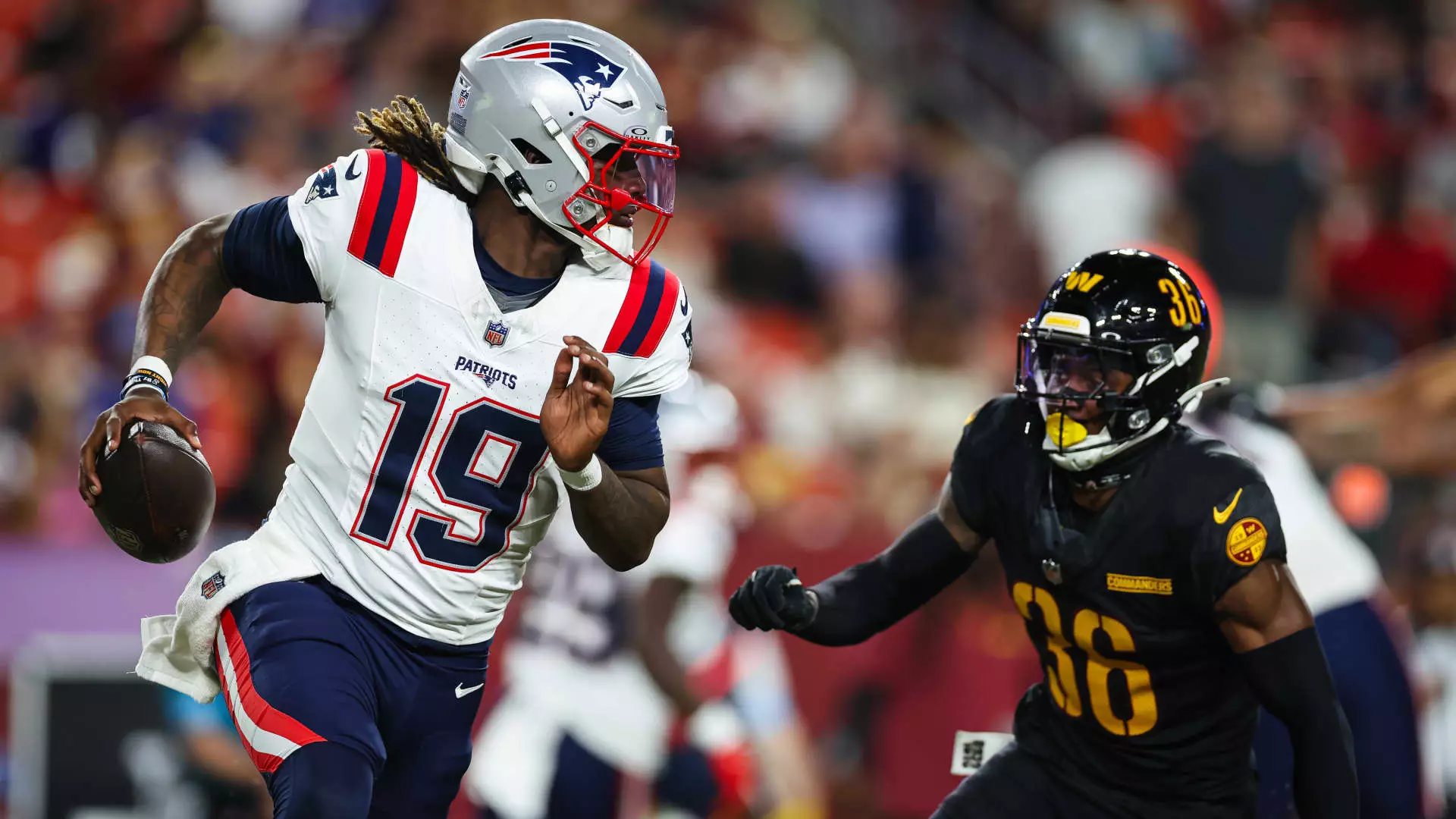With the return of football, it is no surprise that the American Gaming Association projects a record-breaking $35 billion worth of bets to be placed this NFL season. This represents a significant increase of over 30% compared to last year’s figures. Despite the growth in sports betting, the performance of gambling company stocks hasn’t mirrored this trend. Shares of major players like DraftKings, Penn, Caesars, MGM Resorts, and Entain have all experienced negative year-to-date results. On the flip side, Flutter, the owner of FanDuel, has seen a 19% increase in its stock price after listing on the New York Stock Exchange. In a landscape where competition is fierce, licensed sportsbooks are looking to attract new customers and boost brand loyalty among existing players.
The NFL season serves as a prime opportunity for sportsbooks to introduce new technologies and innovative betting options to engage players. For example, FanDuel has partnered with YouTube to offer a “Sunday Ticket” deal where players can access out-of-market NFL games with a $5 wager. By enhancing its app design and expanding its betting options, FanDuel aims to provide a seamless and exciting experience for its users. In an era where the majority of sports betting occurs online, speed and efficiency are crucial, especially for micro-betting on specific in-game plays.
Fanatics, known for its e-commerce empire in sports merchandise, has made a splash in the sports betting industry. By leveraging its existing database of 100 million sports fans, Fanatics Sportsbook has quickly expanded its reach, now operating in 22 states. Through partnerships and customer rewards, Fanatics aims to differentiate itself as a rewarding sportsbook that resonates with fans. The brand’s recent “Fanatics Fest NYC” event showcased its commitment to engaging customers and creating a unique sports experience.
While some companies like DraftKings continue to thrive, others face challenges. Penn Entertainment, for instance, is under scrutiny as it navigates its first full NFL season with ESPN Bet, a $2 billion investment in partnership with ESPN. Despite facing challenges, Penn’s leadership remains optimistic about the platform’s growth potential and media integration opportunities. Similarly, BetMGM’s introduction of a single wallet for mobile play in Nevada demonstrates a commitment to enhancing the user experience and expanding its market presence.
As the sports betting landscape continues to evolve, companies must stay agile and innovative to meet the changing demands of players. With increasing competition and regulatory developments, the future of sports betting in the U.S. will be shaped by technological advancements, customer engagement strategies, and the ability to adapt to market dynamics. By focusing on enhancing the user experience, leveraging partnerships, and embracing new technologies, sports betting companies can position themselves for success in the dynamic and fast-paced industry.

